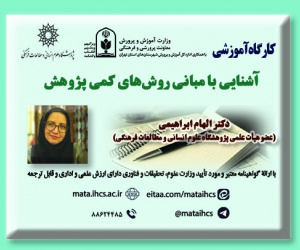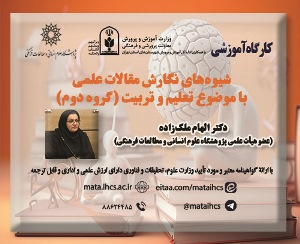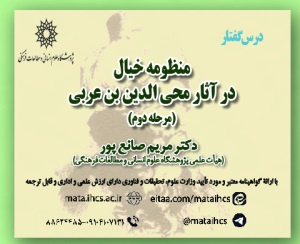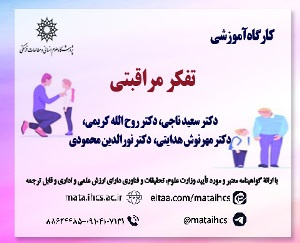تعامل مدیر (شریک) مسئول کار و مدیر (شریک) دوم حسابرسی
آرشیو
چکیده
طبق قوانین و مقررات جامعه حسابداران رسمی ایران، گزارش های حسابرسی صورت های مالی با دو امضا صادر می شود. طبق ضوابط یادشده، بررسی مدیر دوم در حکم بخشی از نظام کنترل کیفیت در ایران مدنظر قرارگرفته است. تاکنون وضعیت تعامل و مذاکره میان مدیرمسئول کار (مدیر اول) و مدیر دوم که نقش اساسی در کیفیت حسابرسی دارند، در ایران مورد پژوهش قرار نگرفته است و جنبه های مختلف این رابطه تبیین نشده است. برای تبیین دقیق این ارتباطات، در این پژوهش از مدل مذاکره میان حسابرس- مدیران اجرایی صاحبکار که توسط گیبنز و همکاران (2001) توسعه یافته، استفاده شده است. برای این منظور با انجام مصاحبه عمیق و نیم ساختاریافته با 24 نفر از شرکای مؤسسات حسابرسی ایرانی که به عنوان مدیر اول یا دوم حسابرسی فعالیت دارند و همچنین متن مصاحبه چاپ شده 7 نفر از حسابداران رسمی باسابقه در نشریات حرفه، داده های پژوهشی گردآوری و پس از تجزیه وتحلیل آن، مدل مفهومی تعامل و گفتگو میان مدیر اول و دوم برجسته شده است. یافته ها تصویر جامعی از این فرایند تعاملی را نشان می دهد که شامل آن است که گفتگو پیرامون مسائل پیچیده صورت می گیرد (حسابداری، حسابرسی، قوانین و مقررات) و بیشتر به صورت چهره به چهره است، مذاکره امری عادی در اجرای حسابرسی است، مذاکره وابسته به بستر آن است، فرایند مذاکره مشارکتی و غیرخصمانه است، تجارب همکاری گذشته بر مذاکرات جاری مؤثر است و همچنین شیوه تعامل و گفتگوی جاری نیز می تواند تعامل های آتی را تحت شعاع قرار دهد. دیگر یافته ها نشان می دهد که بررسی کننده کنترل کیفیت در ایران شکلی است، فرایند تعامل ...Engagement and Second Partner Interaction
According to the regulations of the Iranian Certified Public Accountants(IACPA), audit reports are issued with two signatures. According to the mentioned requirements, the review of the second partner is considered as a part of the quality control system in Iran. Until now, the way of interaction and negotiation between the engagement partner and the second partner, who play an essential role in the audit quality, has not been researched in Iran, and the various aspects of this relationship have not been explained. Therefore, in this research, the negotiation model between the auditor and client, which was developed by Gibbons et al (2001) was used. Then, by conducting in-depth and semi-structured interviews with 24 partners of Iranian Audit Firms who work as the engagement or second audit partner and the published interview of 7 experienced Certified Public Accountants (CPA) in professional publications, research data was collected. after analyzing data, a conceptual model of interaction between the engagement or second audit partner was created. findings show a comprehensive picture of this interactive process, which includes: Discussions take place around complex issues (accounting, auditing, laws and regulations), the negotiation is mostly face-to-face, it’s normal in auditing, negotiation is dependent on its context, the process of negotiation is cooperative and non-adversarial, past cooperation experiences are effective on current negotiations, and also the way of interaction and current negotiation can influence future interactions. Other findings show that quality control reviewer does not really exist in Iranian audit firms, the process of interaction between partners ...






